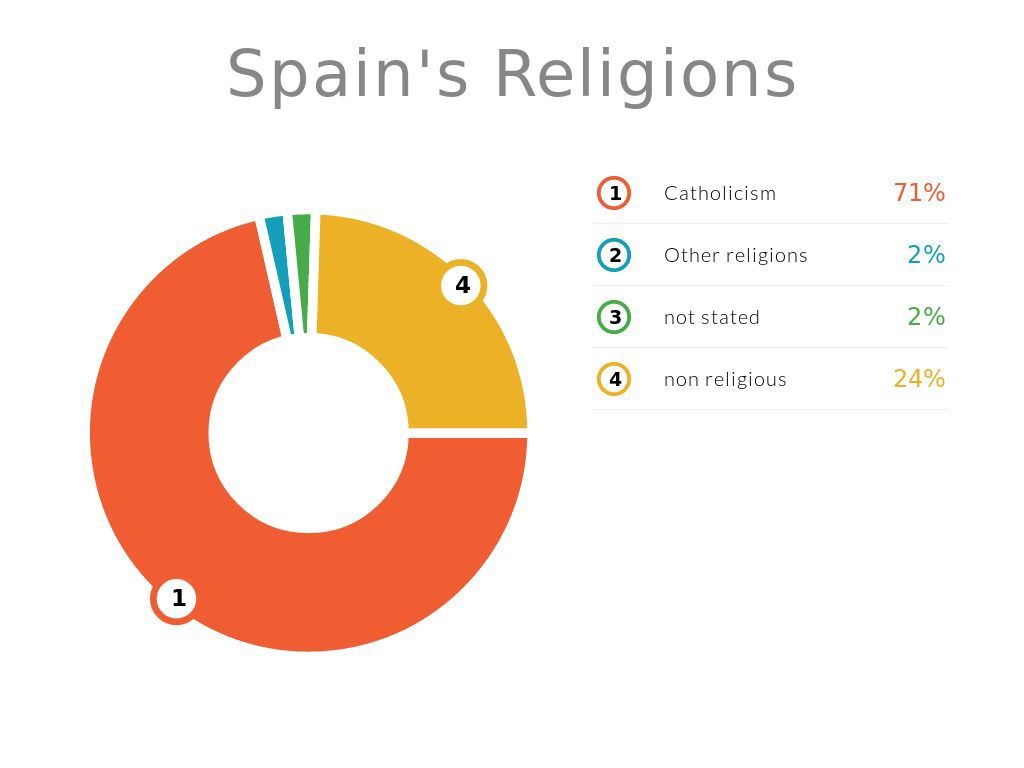Psychology as a Science Major: Complete Academic and Career Guide
Understand psychology as an academic discipline
Psychology stand as one of the about fascinating and complex fields of study, bridge the gap between scientific rigor and human understanding. Students consider this path frequently wonder about its classification as a science major and what this mean for their academic journey.
Psychology is definitively classified as a science major at virtually accredited universities and colleges. The field employ scientific methodology, statistical analysis, and empirical research to understand human behavior, cognition, and mental processes. Modern psychology programs emphasize research design, data collection, hypothesis testing, and evidence base conclusions.
Scientific foundation of psychology education
Psychology majors complete extensive coursework in research methodology, statistics, and experimental design. Students learn to conduct control experiments, analyze quantitative and qualitative data, and apply scientific principles to psychological phenomena. The curriculum typically includes laboratory work, research projects, and statistical software training.
Core scientific components include experimental psychology, cognitive neuroscience, psychometrics, and research ethics. Students develop critical thinking skills essential for evaluate psychological theories and research findings. Many programs require thesis projects or independent research under faculty supervision.
The scientific approach distinguishes psychology from philosophy or strictly theoretical disciplines. Students learn to formulate testable hypotheses, control variables, and draw conclusions base on empirical evidence preferably than speculation or opinion.
Degree requirements and academic structure
Psychology bachelor’s degree programs typically require 120 130 credit hours, include general education requirements, psychology core courses, and electives. Students must complete foundational courses in general psychology, developmental psychology, abnormal psychology, and social psychology.
Advanced coursework include cognitive psychology, behavioral neuroscience, personality theory, and psychological testing. Many programs offer specialized tracks in clinical psychology, experimental psychology, or apply behavior analysis. Laboratory courses provide hands-on experience with research equipment and data analysis software.
Mathematics and science prerequisites frequently include college algebra, statistics, and sometimes biology or chemistry. These requirements reflect psychology’s scientific nature and prepare students for advanced statistical analysis and research methodology courses.
Internship opportunities allow students to apply classroom knowledge in real world settings. Research assistantships with faculty members provide valuable experience in conduct psychological studies and analyze results.
Career opportunities for psychology majors
Psychology graduates pursue diverse career paths reflect the field’s scientific foundation and practical applications. Entry level positions include research assistant, case manager, human resources specialist, and market research analyst. These roles utilize analytical skills, research methodology knowledge, and understanding of human behavior.
Graduate school preparation is a significant advantage of psychology’s scientific curriculum. Students develop research skills, statistical knowledge, and critical thinking abilities essential for advanced study. Many graduates pursue master’s or doctoral degrees in psychology, counseling, or related fields.
Clinical and counseling psychology require additional graduate training and license. Notwithstanding, the undergraduate scientific foundation provide essential preparation for these advanced programs. Research focus careers in academia, government agencies, or prindustryuild direct on undergraduate scientific training.
Business applications include organizational psychology, consumer research, and human factors engineering. These fields value psychology majors’ understanding of research methodology and human behavior analysis.
Research methodology and scientific training
Psychology programs emphasize scientific methodology throughout the curriculum. Students learn experimental design principles, include control groups, random assignment, and variable manipulation. Research ethics training ensure responsible conduct in human subjects research.
Statistical analysis from a cornerstone of psychological education. Students master descriptive and inferential statistics, correlation analysis, and regression modeling. Software training include SPSS, r, or other statistical packages usually use in psychological research.
Laboratory courses provide practical experience with psychological instruments and measurement techniques. Students learn to administer psychological tests, collect behavioral data, and use specialized equipment like EEG machines or eye track devices.
Research proposal write develop scientific communication skills. Students learn to review literature, formulate hypotheses, design studies, and present findings in professional formats. These skills transfer to many career paths require analytical thinking and clear communication.
Specialization areas within psychology
Psychology offer numerous specialization opportunities reflect its scientific breadth. Cognitive psychology focus on mental processes like memory, attention, and problem solve use experimental methods and brain imaging technology. Behavioral neuroscience examine biological bases of behavior through laboratory research and neurological studies.
Social psychology investigate how social factors influence individual behavior through control experiments and field studies. Developmental psychology study human growth and change across the lifespan use longitudinal research designs and observational methods.
Clinical psychology apply scientific principles to understanding and treat mental health disorders. Students learn evidence base assessment techniques and research support therapeutic interventions. Experimental psychology emphasize pure research and theory development through laboratory studies.
Applied specializations include industrial organizational psychology, forensic psychology, and health psychology. These areas combine scientific methodology with practical applications in specific settings or populations.
Graduate school preparation and advanced study
Psychology’s scientific curriculum provide excellent preparation for graduate study. Research experience, statistical knowledge, and scientific writing skills are essential for competitive graduate applications. Many programs require or powerfully recommend research experience through independent studies or faculty collaborations.
Graduate record examination (gGRE)preparation benefits from psychology’s emphasis on research methodology and statistical reasoning. The analytical writing section draw on scientific communication skills dedevelopshroughout undergraduate study.
Letters of recommendation from research supervisors carry significant weight in graduate admissions. Students who participate in faculty research projects develop meaningful relationships and demonstrate scientific competence to potential graduate programs.
Doctoral programs in psychology typically require 4 7 years of additional study, include coursework, comprehensive examinations, and dissertation research. Master’s programs offer shorter paths to specialized practice or research careers.

Source: slideserve.com
Skills development and professional competencies
Psychology majors develop transferable skills value across many industries. Critical thinking abilities enable evaluation of complex information and identification of logical fallacies. Research skills include literature review, data collection, analysis, and interpretation.
Communication skills encompass scientific writing, oral presentation, and data visualization. Students learn to present complex findings to both scientific and general audiences. Interpersonal skills develop through practicum experiences and group research projects.
Problem solve abilities emerge from experimental design training and statistical analysis experience. Students learn systematic approaches to investigate questions and testing solutions. Ethical reasoning skills develop through research ethics training and clinical case studies.
Technology competencies include statistical software, research databases, and presentation tools. These technical skills complement analytical abilities and enhance career prospects in research orient fields.

Source: slideserve.com
Comparison with other science majors
Psychology share methodological approaches with other scientific disciplines while maintain unique characteristics. Like biology or chemistry, psychology emphasize hypothesis testing, control experimentation, and peer review. Nevertheless, psychology oftentimes deal with more complex variables and ethical considerations in human research.
Statistical requirements in psychology frequently exceed those in other sciences due to the field’s reliance on behavioral data analysis. Psychology majors typically complete more statistics coursework than biology or chemistry students. Research design complexity reflect the challenges of study human behavior scientifically.
Laboratory experiences differ from traditional science labs but maintain scientific rigor. Psychology labs focus on behavioral observation, cognitive testing, and data analysis preferably than chemical reactions or biological specimens. The scientific method remain constant across disciplines.
Career flexibility may exceed that of more specialized science majors. Psychology’s broad applications in business, education, healthcare, and research provide diverse opportunities. Notwithstanding, some positions may require additional certification or graduate training.
Professional organizations and continuing education
Professional psychology organizations support student development and career advancement. The American psychological association (aAPA)offer student memberships, career resources, and network opportunities. Regional and specialty organizations provide additional support for specific interests.
Conference attendance allow students to present research, learn about current developments, and connect with professionals. Many undergraduate programs encourage or require conference participation as part of research training.
Continue education requirements for licensed psychologists emphasize the field’s scientific evolution. Practitioners must stay current with research developments and evidence base practices throughout their careers.
Certification programs in specialized areas like apply behavior analysis or neuropsychology build on undergraduate scientific training. These credentials demonstrate advanced competency in specific psychological applications.
Make the decision: is psychology right for you?
Prospective psychology majors should consider their interest in scientific methodology and research. Students who enjoy analyze data, design experiments, and understand complex systems frequently thrive in psychology programs. Mathematical aptitude help with statistical coursework, though advanced calculus is seldom required.
Career goals influence the suitability of psychology as a major choice. Students interested in clinical practice should understand graduate school requirements and license processes. Those prefer immediate employment after graduation should explore apply psychology career paths.
Personal characteristics that align with psychology include curiosity about human behavior, patience for detailed research processes, and ethical sensitivity. Strong communication skills enhance success in both academic and professional settings.
Financial considerations include potential graduate school costs for clinical careers versus immediate employment opportunities with a bachelor’s degree. Salary expectations vary wide depend on career path and geographic location.
Psychology doubtless qualifies as a legitimate science major, offer rigorous scientific training, diverse career opportunities, and excellent preparation for graduate study. Students who choose this path join a field that combine scientific methodology with meaningful applications to human welfare and understanding.



